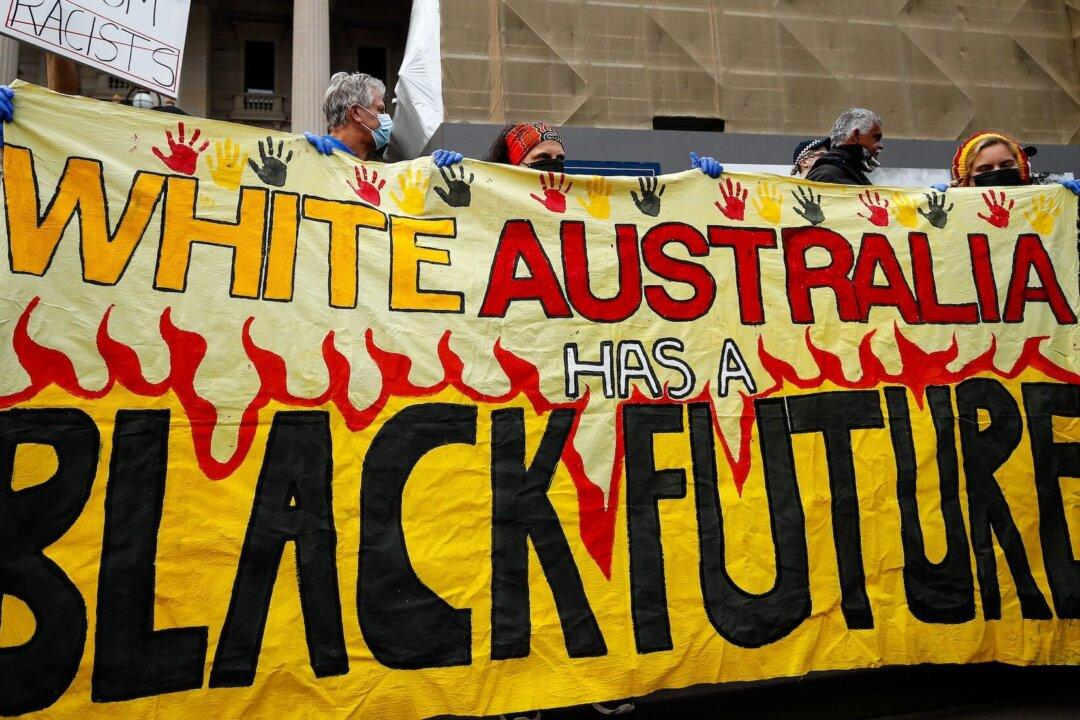The Australian state of Victorian has announced the establishment of a truth and justice commission that will investigate the historical and ongoing effects of colonisation on Aboriginal Victorians and propose steps for reconciliation.
As the first commission of its kind in Australia, the Yoo-rrook Justice Commission will be modelled after the Truth and Reconciliation Commission led by Nelson Mandela in South Africa after the end of its apartheid. It will be charged with investigating all acts committed against Aboriginal people, both in the past and present, and is expected to begin in July with a final report due three years later.





